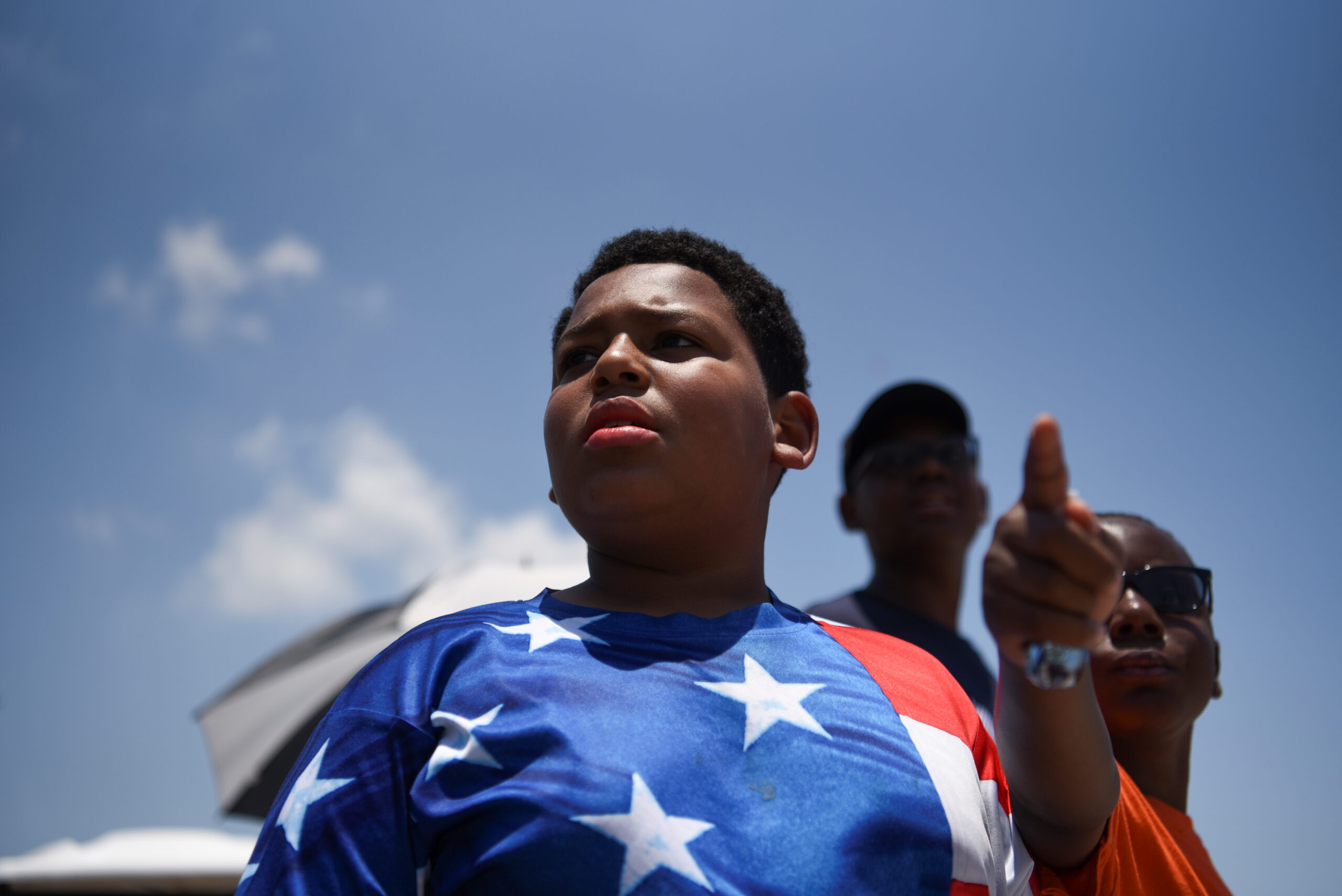$5m in Reparations for Every Black Adult? I’m Listening
San Francisco just got serious.
by Maurice Mcleod
30 March 2023

Calls for reparations are older than America itself; new demands largely go unnoticed. This wasn’t the case earlier this week when the San Francisco African American reparations advisory committee published its 100 recommendations for how the city could repay its Black population.
The recommendations made headlines worldwide, for good reason: a $5 million per-person pay-out; guaranteed income of at least $97,000 a year for 250 years; personal debt elimination; and converting public housing into condos sold for $1. They also prompted right-wing pundits to throw their gollywogs out of their prams.
One right-wing research group found that each non-eligible taxpayer will have to pay £600,000 towards the proposed scheme. Even staunch advocates for reparations such as the national association for the advancement of coloured people (NAACP) were sceptical of the plans, calling the figures “arbitrary”.
Yet while the sums floated by the committee might sound alarming, they are, if anything, an underestimate.
40 acres and a mule.
In the 1960s, Martin Luther King Jr calculated that if America stood by the promise made by Union general William Tecumseh Sherman to give 40 acres and a mule (or thereabouts) to each of America’s four million formerly enslaved people (which, he calculated, was worth $20 a week per freed person since the late 1700s), the total owed would be $800bn. Today, that would be $6.4tn. “They owe us a lot of money,” King said.
This is the genius of the San Francisco plan. The Committee was tasked with bringing forward plans for reparations; it wasn’t told to consider the practicality of its suggestions. If its proposals had been more modest, they would have been ignored or, worse, adopted, along with the assumption that slavery and structural racism were now consigned to the past in San Francisco and from now on, Black people should get on with it. Instead, the committee has started a conversation with numbers which don’t shy away from the scale of the challenge.
Then again, who on Earth would think 40 acres and a mule sufficient reparations for 200 years of rape, torture, murder, family separation and back-breaking forced labour?
Individualising the structural.
Reparations are not just about the lives lost to and blighted by slavery; they are also about slavery’s afterlives in today’s America. To give just one example: Black people make up just 6% of San Francisco, but more than 38% of the city’s 8,000-strong homeless population.
They are also about fixing the structures of capital that enabled slavery, ultimately a system of economic as much as racial exploitation. The committee suggested people who had lived in the city for more than 13 years and either identified as Black, had been impacted by the war on drugs, or had been a victim of racist housing, planning or financial regulations would all be eligible. But what if someone is of dual heritage – do they get half? If my father’s side of the family were enslaved but my mother’s enslaved people, should I, as a descendant of people who kept other people enslaved, receive reparations?
Trying to repay a mass debt individually, and without acknowledging why it came about, is destined to fail. What happens in four generations when racism has found a way of returning Black people to the bottom of the economic ladder? As Black Panther Fred Hampton famously said: “We’re not going to fight capitalism with black capitalism.”
99 recommendations.
Thankfully, the $5m payout was one recommendation designed mostly to grab headlines that would then draw people’s attention to the other 99, many of which have a clear potential impact on areas like education, health and economic empowerment. One such recommendation is to create an actionable Black Health Plan to address disparities across areas of wellness focusing on illness prevention, culturally-appropriate treatment modalities and violence prevention.
These are the types of suggestions which will have a genuine sustained impact on the descendants of the enslaved and those who struggling under systemic racism now and in future.
The USA has a massive debt to pay to its Black communities, but it isn’t going to be able to repay them with big fat cheques. That said, if anyone wants to give me $5m and a house in Castro, I might change my mind.
Maurice Mcleod is policy advocate at Unjust, which fights racism in the criminal legal system, and a Labour councillor.


